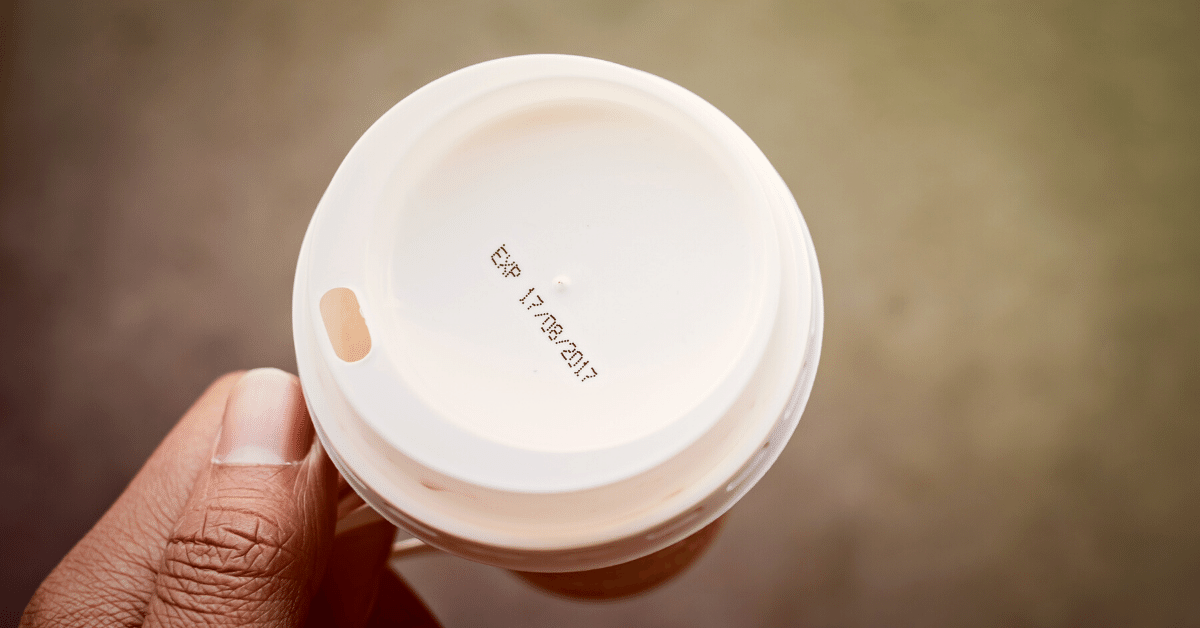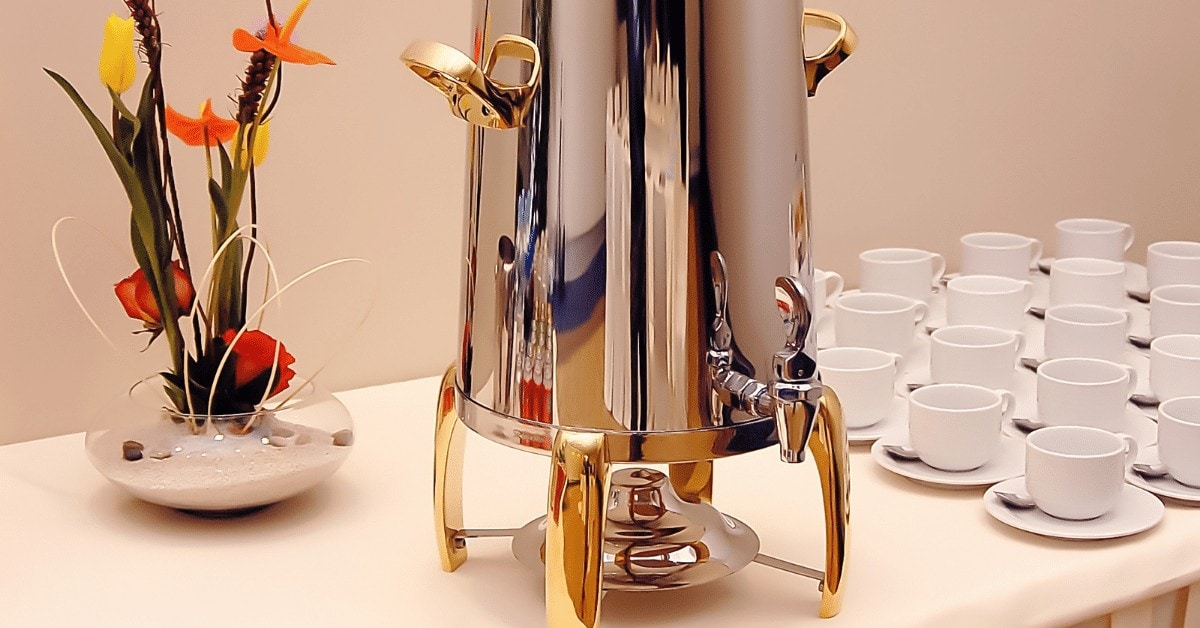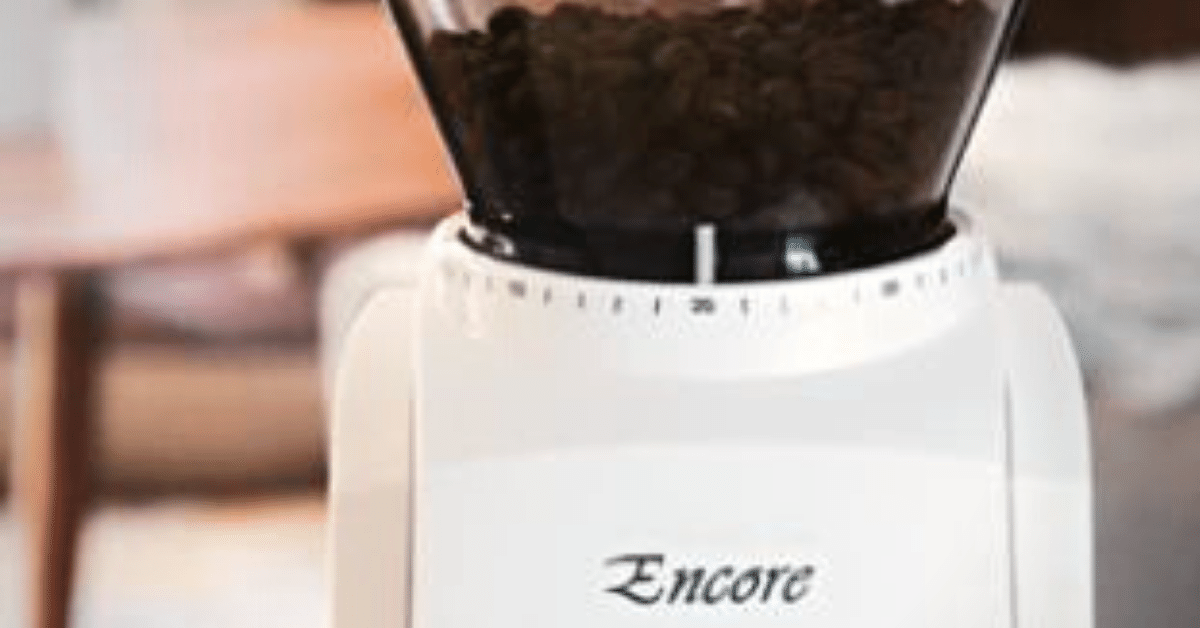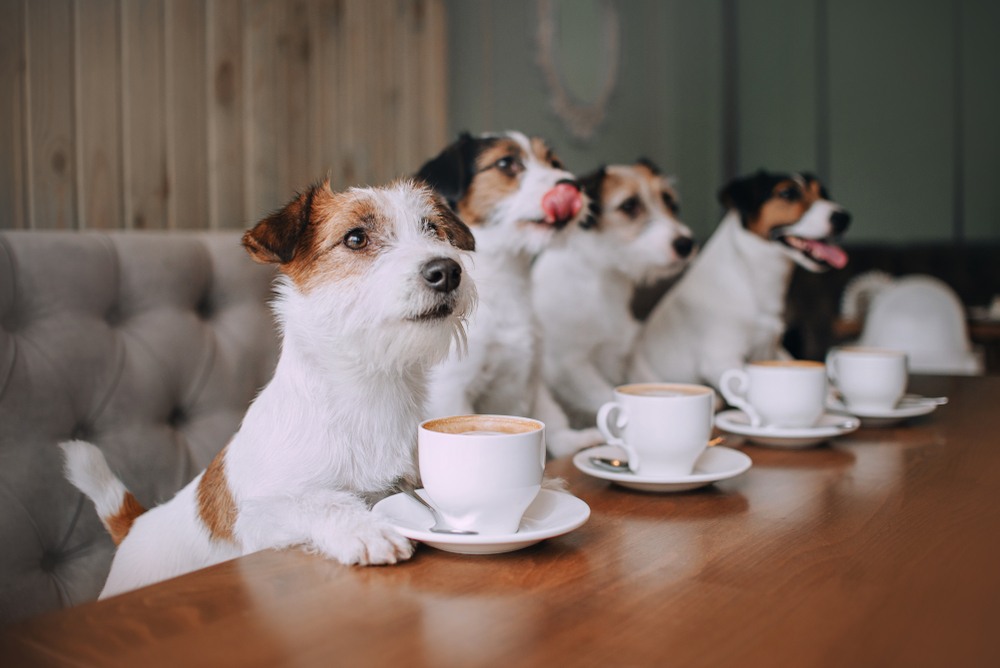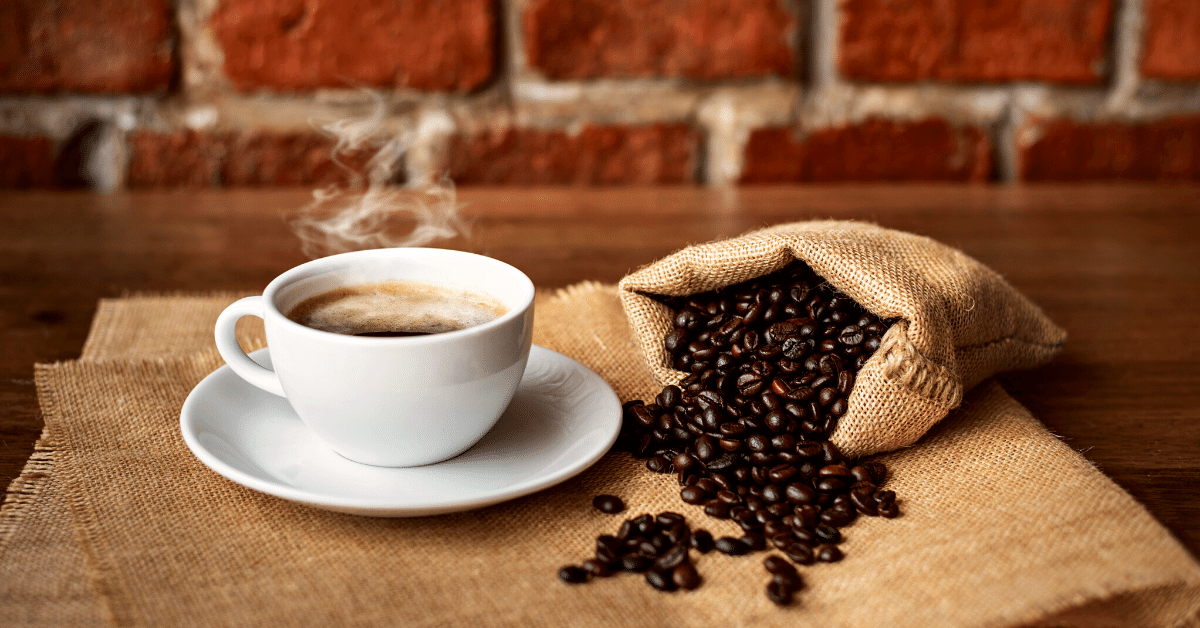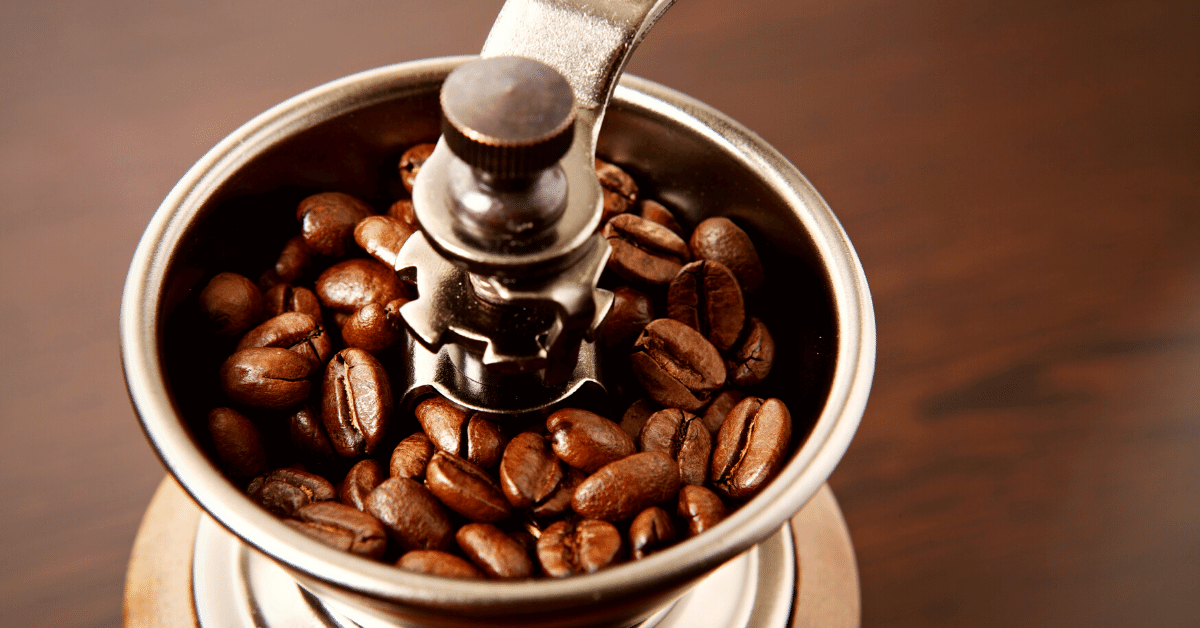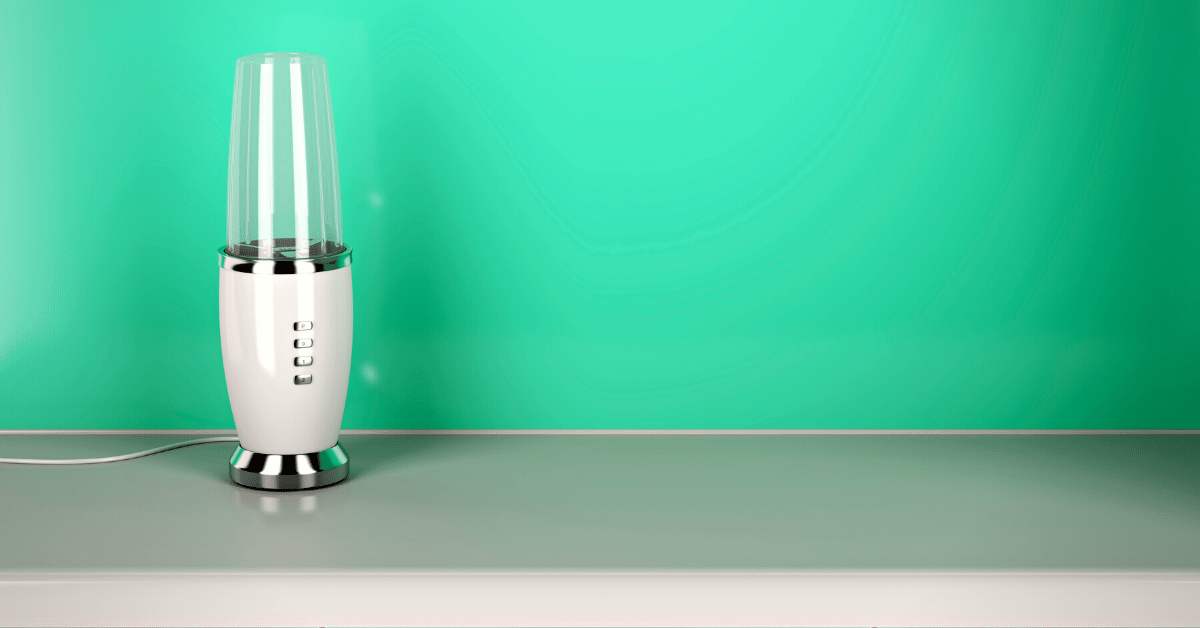Can you drink expired coffee? Learn everything you need to know about the shelf life of coffee and if it’s safe to drink it after the expiration date.
Found an old bag of coffee beans and wonder if it’s any good.
The date on the label was not too long ago…
But can you drink expired coffee?
Well, technically, you can.
Although you might not want to.
Here’s what I mean.
Does Coffee Actually Expire?
To answer this question, we have to get scientific first.
As you know, coffee is an organic product. It’s made of different compounds, including oils, lipids, and proteins, all of which will break down over time.
So to put it simply – yes, coffee expires.
For that reason, you’ll always see an expiration date printed on the packaging.
But that doesn’t mean that your coffee will go moldy and smelly after that date passes. It won’t “go bad” in the same way milk or creamers do.

So what happens?
Well, exposure to environmental factors causes coffee compounds to break down slowly over time. So all those compounds that give coffee its unique flavor and aroma gradually lose intensity. All up until they’re completely diminished.
With that being said, brewed coffee and wet coffee grounds can go bad in the real sense of the word. That’s because moisture makes a suitable environment for harmful microorganisms to grow.
Now, you’re probably wondering how long it takes for coffee to expire.
And the answer is – it depends.
Here’s a simple chart to help you find the answer:
| Whole beans | 6-9 months |
| Coffee grounds | 3-5 months |
| Instant coffee | Up to 30 years |
| Brewed coffee | Up to 8 hours |
With brewed coffee, 8 hours is pretty much the maximum. With beans or ground coffee, the exact shelf life depends a lot on how they’re stored.
You see, proper storage can make coffee last longer, and we’ll get to that in the last section.
Is Expired Coffee Safe to Drink?
Well, that depends on what you mean.
If you mean using ground coffee that is well past the expiration date – yes, it’s safe. But I can promise you, the coffee made with those grounds will taste bland.
As to what will happen to you after drinking expired coffee… well, probably nothing.
As ground coffee doesn’t really go bad, simply stale, it won’t become toxic. Still, old coffee grounds can be harsh on your digestion.
Now, if the coffee ground gets moist at some point, that could potentially lead to mold growth. And if you are drinking moldy coffee, you could really harm your health.
You see, the mycotoxins found in mold can cause various health issues. From allergic reactions and food poisoning to infection, fever, and even liver issues, I wouldn’t risk it.
What Affects the Shelf Life of Coffee
So, we know that coffee consists of organic compounds that degrade over time.
But why do they degrade? And what affects them?
Let’s see.
Grinding
As we already established, coffee degrades from exposure to environmental factors.
Well, the degradation starts from the surface, as that’s the part that’s first exposed to them.
Once you grind coffee beans into smaller particles, there’s much more surface area to get in contact with those factors.
And for that reason, the smaller the coffee grounds, the faster they degrade.
Oxidation
The main enemy of coffee, and pretty much any organic compound, is oxygen.
Basically, oxidizing enzymes speed up chemical reactions in coffee, causing it to degrade.
Given we need oxygen to live, it seems counterintuitive that it’s responsible for coffee degradation, right?
Well, let me remind you that oxygen is also the reason why iron becomes rusty.
The more coffee is exposed to oxygen, the faster it goes stale.
That’s exactly why it’s sold in airtight bags or packaging. In fact, many roasters fill their coffee bean bags with nitrogen. By replacing air with this gas, the beans can’t oxidize in the unopened package.
Moisture
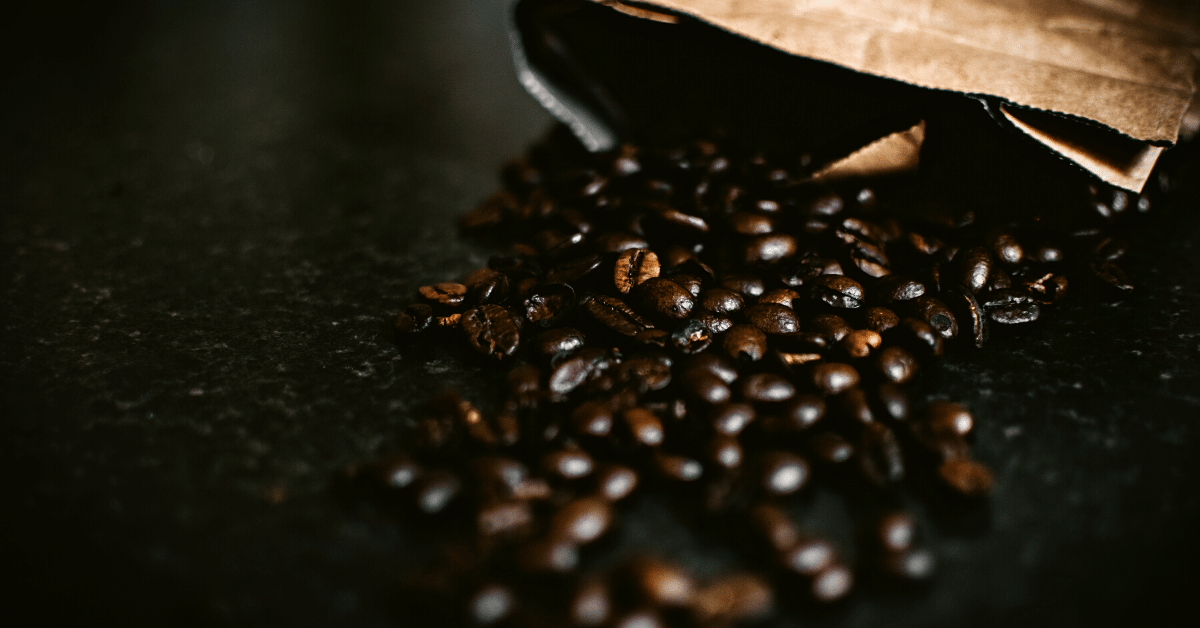
Coffee beans are hygroscopic, meaning they have the ability to absorb moisture from the environment.
Why is that bad?
Well, because those water molecules attract and bind to oxygen molecules in the air.
You can see where I’m going with this. Those oxygen molecules then cause coffee beans to deteriorate at a faster rate.
Aside from that, moist coffee beans (or grounds) are the perfect environment for mold and other pathogens to grow.
Temperature
As you’ve probably guessed by now, all these factors work together in degrading organic compounds.
The temperature, in particular, affects how quickly something oxidizes.
The higher the temperature, the faster the coffee will go stale.
That doesn’t mean you cannot keep your coffee bag at room temperature. But, you should keep it in a cool place, such as a cupboard or pantry.
Light
I’m sure you’ve heard before that coffee shouldn’t be stored in transparent containers. That’s because direct light can speed up degradation.
How, you may ask?
Well, the energy coming from the light is powerful enough to activate so-called polymer macromolecules. This, in turn, leads to the breaking of chemical bonds.
At the same time, light can also increase the temperature, and increase oxidation that way. As you can see, everything is connected.
How Do You Know if Coffee Has Gone Bad?
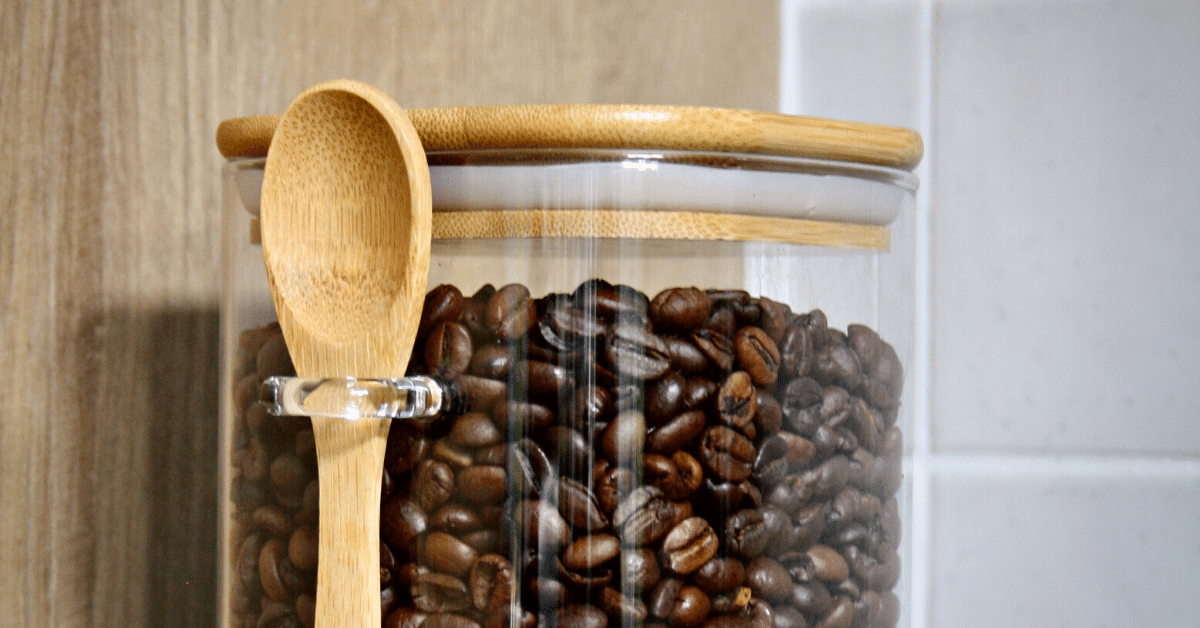
Coffee beans and grounds don’t change much in appearance when they go stale. But there are a few cues that can help you figure out whether they’re still good or not.
First things first, the texture.
Old coffee beans tend to get dry once they go stale. The oils dissipate from the surface, so they’re not as shiny and oily as they used to be. Fresh, oily beans would also leave a residue when you pick them in your hand.
Coffee grounds also get dry in time. That’s hard to notice just by looking at them, so you should touch the ground with your finger. If they’re similar to bread crumbles, they’re dry.
They should also be paler in color.
The smell is another cue. Fresh coffee beans and grounds smell like, well, coffee.
But once they go stale, their smell will barely be there. And in case they are in a moist environment, they can even smell moldy. (Yuck!)
Brewing Stale Coffee
The easiest way to understand that coffee has gone stale is to brew it.
The first thing you might notice is that the brew is pretty inconsistent.
For instance, espresso made with stale coffee grounds will appear to be thin and without a nice layer of crema on top. It won’t smell like much and will taste dull and sour.
The same goes for pour-over and French press methods.
The coffee will seem to get extracted at a much faster rate, but what you get is a pretty bland and weak drink, with an awful, weak flavor and aroma.
Storing Coffee to Extend its Shelf Life
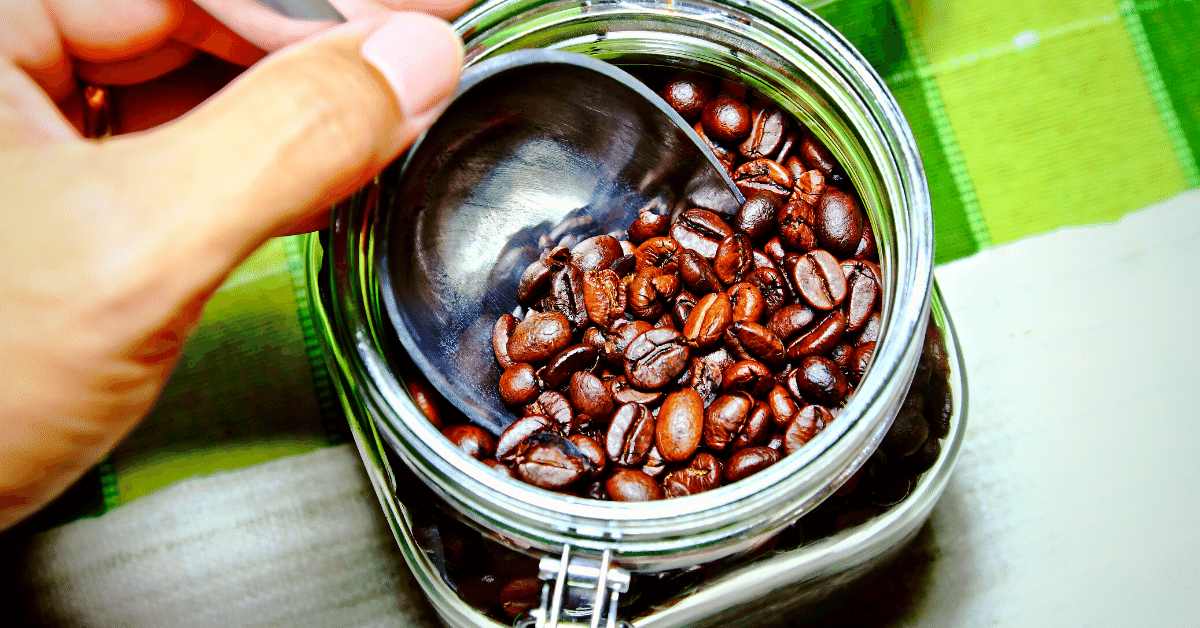
Coffee can’t last forever. But you can extend its shelf life and freshness by storing it adequately.
This means keeping it safe from environmental factors that cause degradation.
In other words, you want to keep it away from:
- Moisture
- High temperature
- Air
- Light
How to achieve that?
Pretty easy, actually.
Most importantly, you need an airtight container. This means it should have a silicone or rubber seal around the lid, which prevents air from getting inside.
Furthermore, the container should be opaque, so that light doesn’t get in.
Once you pack your coffee properly, store it in a cool place, like the pantry or a cabinet.
While keeping the container next to the stove seems practical, it’s not efficient. The heat will make the coffee go stale faster.
NOTE
You might have heard that freezing coffee beans or grounds is a great way to keep them fresh for longer. Well, that’s a myth. In fact, storing coffee in a freezer can introduce moisture to them, thus affecting its shelf life.
In Summary: Can You Drink Expired Coffee
Like any organic product, coffee has an expiration date.
While expired coffee is safe to drink, it’s definitely not tasty.
However, you can somewhat extend the shelf life of your coffee by storing it in a proper way. If you keep it away from light, moisture, high temperatures, and air, your coffee should last longer.
Wondering if your K-cups can expire? Check out our article on the subject to find out.

